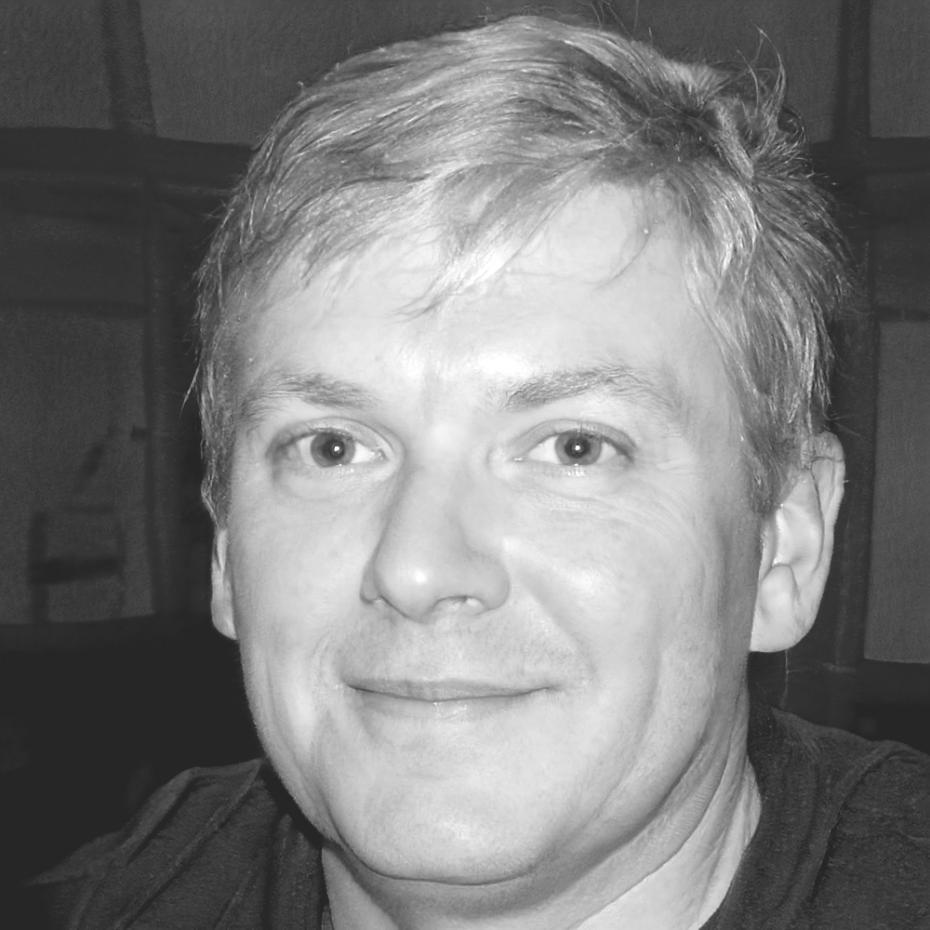Financial modeling sounds technical, but it's really about asking better questions before you commit resources. I've watched businesses double down on failing strategies because they never tested their assumptions properly. And I've seen others walk away from seemingly perfect opportunities because the numbers told a different story under stress conditions.
The goal here isn't to make everyone a spreadsheet expert. It's to give you frameworks for thinking through uncertainty when the stakes matter. You'll leave with skills you can actually use when facing real decisions—not just techniques that look impressive in a presentation.
Kasimir Thorne
Lead Instructor, Scenario Modeling Programs
Learn About Our Approach




